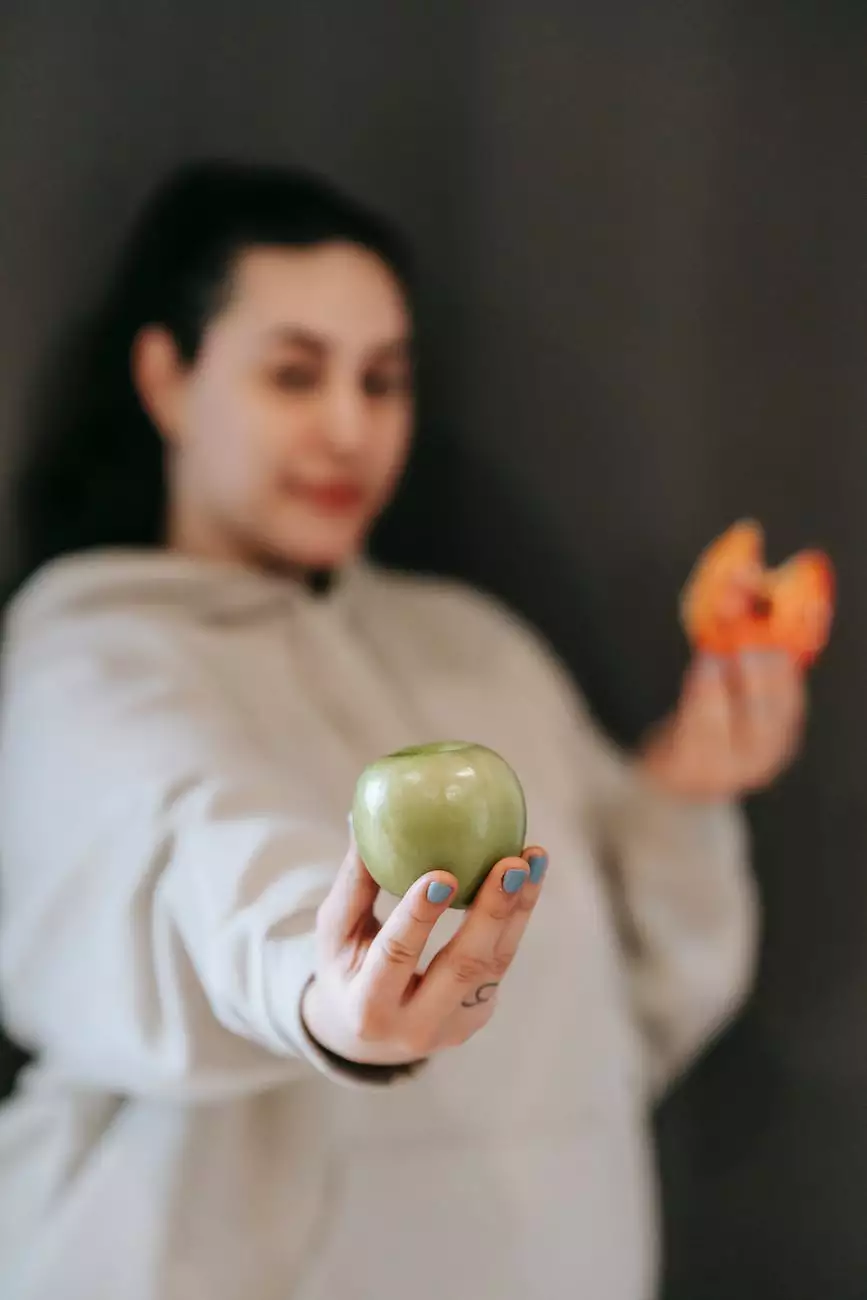307 - Make vs Do
English Grammar Lessons
Understanding the Difference
When it comes to the English language, the usage of certain verbs can be quite confusing for non-native speakers. Two such verbs are 'make' and 'do'. While they may seem interchangeable at times, understanding their distinct meanings and contexts is crucial for effective communication. In this comprehensive guide, NJCLT explores the nuances between 'make' and 'do' and provides valuable insights to help you master their usage.
The Meaning of 'Make'
'Make' primarily refers to the act of creating, constructing, or producing something. It implies initiating an action that leads to the formation or development of an object, event, or result. For example, one can make a cake, make a phone call, or make a decision. 'Make' is often associated with bringing something into existence through intentional effort.
The Usage of 'Make'
'Make' is commonly used in various contexts, including:
- Making plans: We can make travel plans, make a schedule, or make arrangements for an event.
- Making objects: We can make a painting, make a dress, or make a table.
- Making food: We can make breakfast, make lunch, or make a delicious recipe.
- Making changes: We can make improvements, make adjustments, or make modifications.
The Meaning of 'Do'
'Do' is a versatile verb that generally refers to performing an action or carrying out a task. Unlike 'make', 'do' often implies completing or executing an activity without necessarily resulting in the physical production of an object. For example, one can do homework, do exercise, or do a favor for someone. 'Do' is commonly used when actions don't involve the creation of a tangible item.
The Usage of 'Do'
'Do' finds its usage in various contexts, including:
- Doing work: We can do a job, do housework, or do paperwork.
- Doing activities: We can do yoga, do sports, or do puzzles.
- Doing actions: We can do the dishes, do laundry, or do chores.
- Doing tasks: We can do a favor, do shopping, or do homework.
How to Choose Between 'Make' and 'Do'
Choosing between 'make' and 'do' depends on the specific context and the desired outcome. Consider the following guidelines to make the right choice:
- Focus on creation: If the action involves producing or constructing something, 'make' is usually the correct choice. For example, you would say "make a cake" or "make a dress".
- Focus on performance: If the action involves carrying out a task or activity without creating a tangible object, 'do' is typically the appropriate choice. For example, you would say "do homework" or "do sports".
- Pay attention to collocations: Certain phrases are commonly used with either 'make' or 'do', and learning these collocations can enhance your language proficiency. For instance, you would say "make an appointment" or "do a favor".
- Be aware of idiomatic expressions: The English language is rich in idioms that may use either 'make' or 'do' in their idiomatic sense. Familiarize yourself with these expressions to achieve a more natural way of speaking.
Practice Makes Perfect
Mastering the usage of 'make' and 'do' requires practice. As you encounter different scenarios and contexts, try using these verbs appropriately. Engaging in conversations, reading extensively, and seeking guidance from language resources like NJCLT can greatly enhance your understanding.
Unlocking Language Proficiency
At NJCLT, we understand the challenges of language learners. Our mission is to provide comprehensive resources and proficiency tests to help you unlock your language skills. Whether you're a student, a professional, or someone passionate about languages, our expert guidance and user-friendly materials can support you throughout your language learning journey.
Explore Our Resources
Visit NJCLT.com to explore our vast range of language learning resources. From interactive lessons to helpful articles and practice tests, we have everything you need to enhance your language proficiency. Join our community of learners today and embark on a rewarding linguistic adventure!










